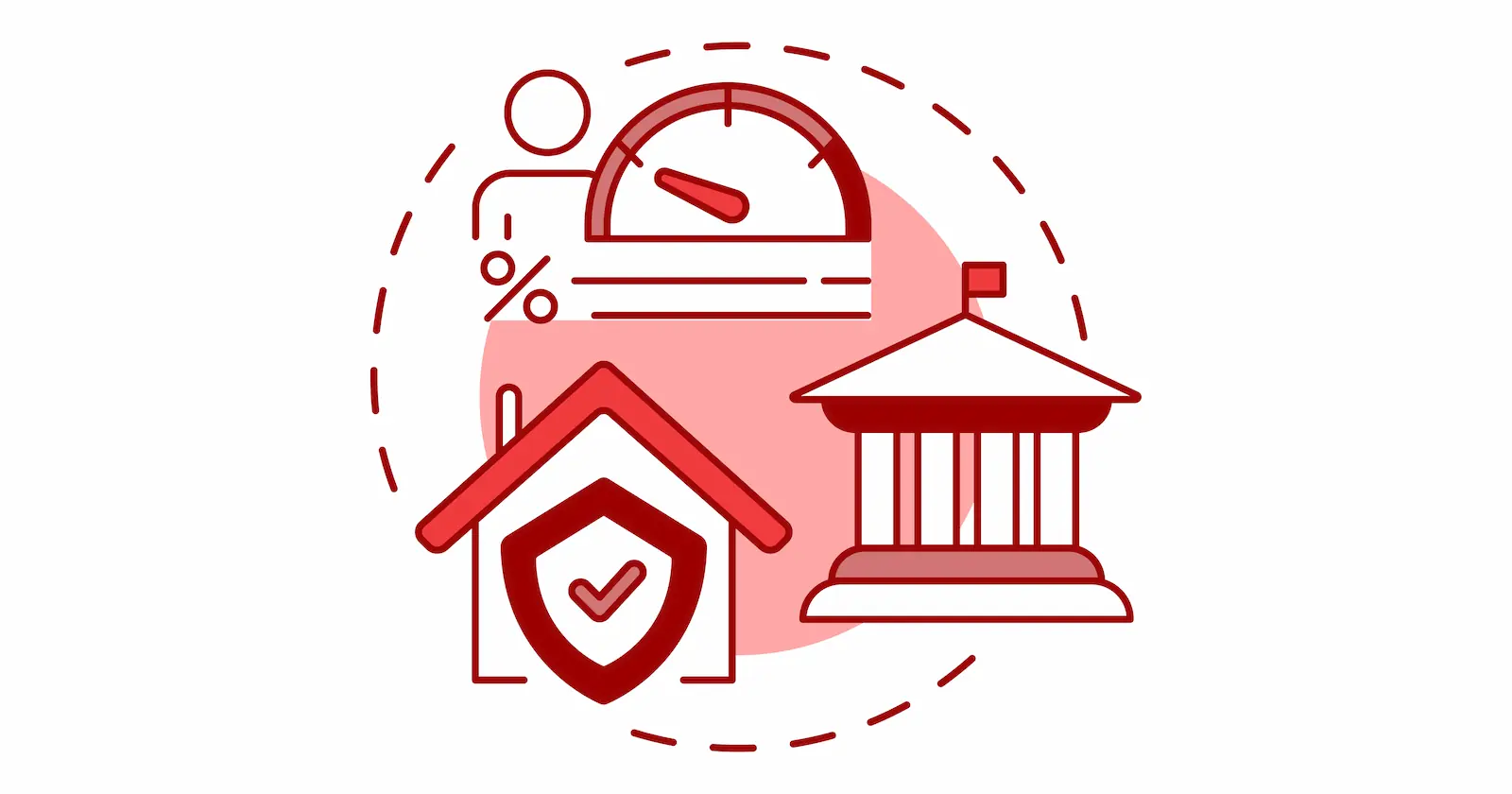What is section 24?
Section 24 of the Income Tax Act, 1961, is a provision that was included to enable borrowers of a housing loan to enjoy tax relief on loan repayments. This was done to minimize the burden of tax liability on home loan borrowers. According to the provisions of section 24 (b), a homeowner can claim a deduction on the home loan interest paid during a financial year.
Interest on borrowed capital is allowed as a deduction u/s 24 (b) when -
Interest payable on loans borrowed for the purpose of acquisition construction, repairs, renewal or reconstruction can be claimed as a deduction.
Interest payable on a fresh loan taken to repay the original loan raised earlier for the aforesaid purposes is also admissible as a deduction.
Is there a limit on the amount of interest that can be claimed as a deduction?
House rented out:
If the property is rented out, there is no upper limit on how much interest you can claim. If you have let out your property on rent, the entire amount of interest paid on your home loan for purchase, construction, repair, renewal or reconstruction can be claimed as tax deduction. However, the maximum loss that can be claimed under the Head of House Property will be rs 2,00,000.
House vacant or occupied by the borrower:
If the borrower resides in the house, or if the house remains unoccupied, there is a limit to the amount of deduction that can be claimed each year. This limit is capped at ₹2 lakhs.
Note: In the event that you own two homes, your combined tax deduction for home loans cannot exceed Rs. 2 lakhs in a fiscal year.
Who is eligible to avail relief under section 24?
There are four conditions that a borrower has to satisfy to be able to claim income tax deductions under section 24. The terms and conditions are as follows:
- The borrower should have availed the home loan on or after 01.04.1999.
- The loan should be used only for the acquisition or construction of housing property and not for any repairs or reconstructions.
- The construction or acquisition of the house property should be completed within 5 years from the end of the financial year in which the housing loan was availed.
- The borrower has to be in possession of an interest certificate issued by the lender with respect to the interest payable on the loan.
In case even one of these conditions is not satisfied, the borrower can only claim ₹30,000 as part of their income tax deductions, irrespective of whether the house is vacant, occupied by the borrower, or rented out.
| Loan borrowed before 1.4.99: | Loan borrowed on or after 1.4.99: |
|---|---|
|
Actual interest payable in aggregate for one or two self-occupied properties, subject to maximum of ₹ 30,000. In case such property has been acquired , constructed as well as repaid, or renewed. |
Actual interest payable in aggregate for one or two self-occupied properties, subject to maximum of ₹ 2,00,000. In case such property is acquired / constructed with such borrowed capital and construction should be completed within 5 years from the end of the financial year in which capital was borrowed. |
|
and where the property is repaired / renewed / reconstructed, the available amount of deduction is ₹ 30,000. |
However, the total interest deduction can not exceed ₹ 2,00,000.
TAX DEDUCTION ON INTEREST PAID FOR UNDER CONSTRUCTION PROPERTY
If you have purchased a property and it is under -construction period and you are paying the EMIs, you can claim interest on your housing loan as deduction after the construction gets completed.
- Income Tax Act, 1961 allows a deduction of both the pre-construction period interest and post-construction period interest.
- Interest pertaining to pre-construction period is allowed as deduction in five equal annual installments, commencing from the year in which the construction is completed.
- Thus, total deduction available to a taxpayer under Section 24(b) on account of interest is 1/5th of interest pertaining to pre-construction period (if any) + interest pertaining to post construction period (if any).



Comments